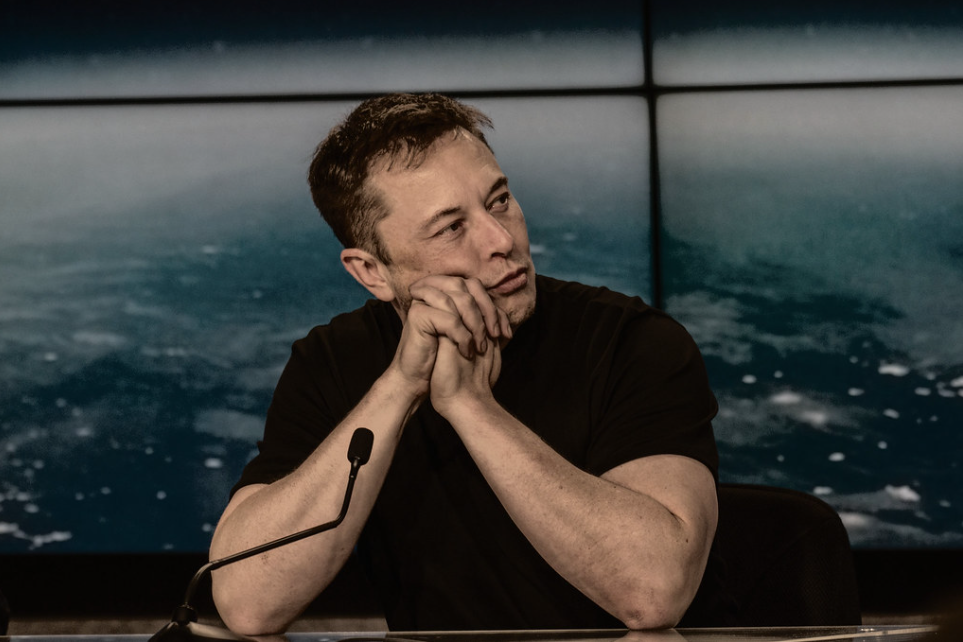Elon Musk's investor group made a $97.4 billion bid to acquire OpenAI's nonprofit organization on February 10, 2025. The bid took another turn just two days later when Musk indicated in a court filing that he would withdraw it if OpenAI halts its profit-oriented transformation and preserves its original mission.
Behind the acquisition attempt lies a long-standing conflict: Musk left OpenAI in 2018, which he co-founded in 2015, after reportedly failing to convince other leaders to appoint him as head of the profit-oriented OpenAI entity or merge the company with Tesla. OpenAI CEO Sam Altman responded to the original bid through the X platform, saying: Thanks, but no. But we'll buy Twitter for $9.74 billion if you'd like. Two days later, on February 12, Musk's lawyers stated in documents submitted to the Northern California District Court that they would withdraw the bid if OpenAI stopped its profit-oriented transformation and preserved its nonprofit mission.
The timing is particularly significant, as OpenAI is currently participating in a capital raising round of up to $40 billion led by SoftBank, which already values the company at $300 billion. This would make OpenAI one of the most valuable private companies alongside ByteDance and Elon Musk's SpaceX. OpenAI's legal representative, Andy Nussbaum, rejected Musk's original $97.4 billion bid, making it clear that the nonprofit organization is not for sale. According to OpenAI's lawyers, Musk's move is an irregular offer to weaken a competitor, which does not serve the company's interests. The situation is further complicated because, in 2019, OpenAI created a hybrid structure in which the nonprofit organization remained controlling while establishing a for-profit subsidiary, OpenAI LP, to raise capital for artificial intelligence development. Currently, the company is planning another transformation, which will allow it to convert its profit-oriented branch into a public benefit corporation, allowing for further investments. Musk is trying to prevent this transformation through litigation, as he believes OpenAI would permanently move away from its original nonprofit mission.
Sources:
1.

2.

3.
4.











